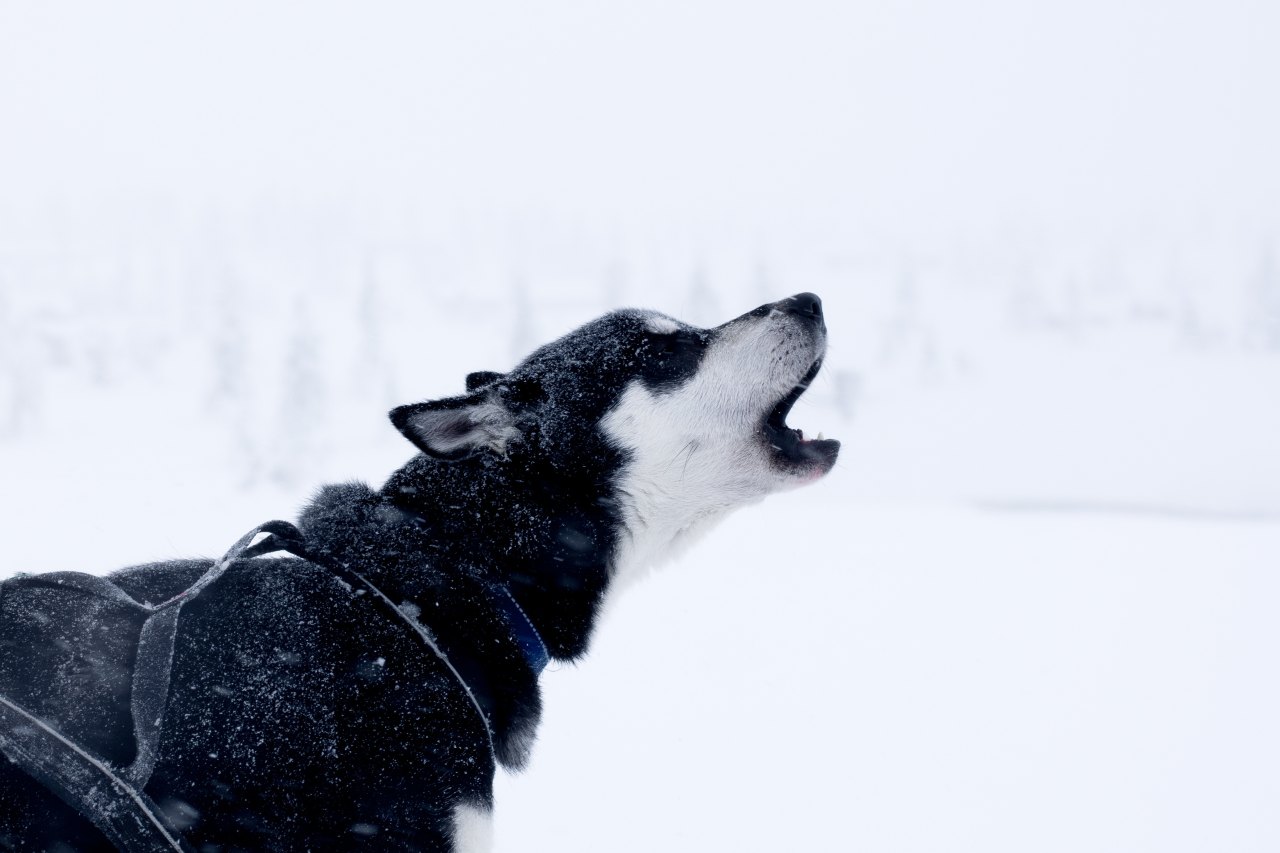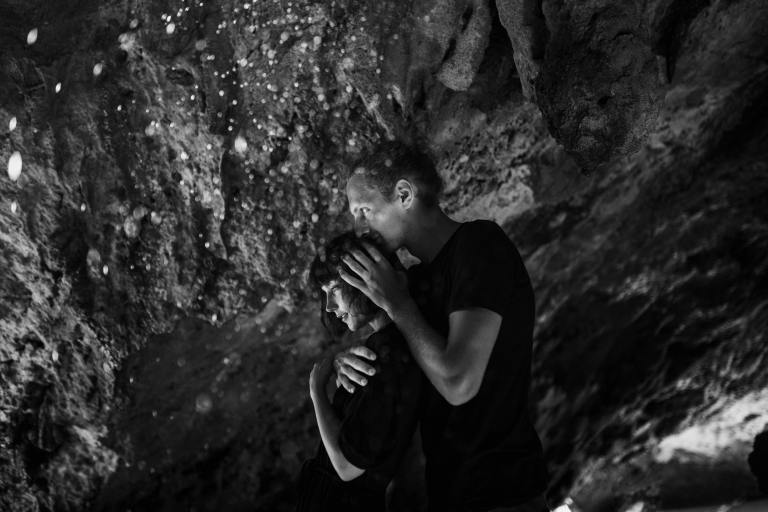
Why Do Wolves Howl?
Because of the way these animals are portrayed in movies and on television, most people assume that wolves howl at the moon -- but that is completely false.
Why do wolves howl? It’s not for the reason you think.
Wolves are beautiful creatures with beautiful voices. Unless you live close to the wild, you have probably only heard their sounds in horror movies while teenage characters were chatting in a log cabin.
You might not have even wondered why do wolves howl because you assumed you knew the answer — but you’ll probably be surprised to learn you know less than you think.
What are the myths about wolves howling?
Because of the way these animals are portrayed in movies and on television, most people assume that wolves howl at the moon — but that is completely false. There is no correlation between the moon phases and wolf noises. That is a lie created by Hollywood.
The reason why wolf howls became associated with the moon is because wolves are nocturnal. That means they only come out at night. That is when they do their hunting. That is when they are most active.
When wolves release a howl, they point their snouts toward the air, but that is not because they are facing the moon. It is because they are trying to get the best acoustics possible.
Lifting their heads into the air helps the sound travel. When their calls are projected upwards, it travels farther and alerts more animals, which is the whole purpose of howling in the first place — being heard.
Why do wolves really howl?
Wolves howl as a way to communicate. It is a way to let the rest of their group know their location so they can find each other. Wolves will howl when they want the pack to meet up.
If a wolf is lost, then they can also howl as a way to ask for directions. When the rest of their pack howls back, then they know exactly how to get home. It saves them from being stranded on their own.
However, howls are not always friendly. They can also be a warning for a rival pack to stay away. It can be a way for them to mark their territory and tell everyone else to leave — or else.
Wolves do not always howl on their own. They might get together and howl as a group. That way, the noises will harmonize and sound much louder. It is a way for them to trick other packs into believing there is a larger number of them around than in reality. It is a way to protect themselves and ward off enemies.
There are also researchers who believe wolves howl for fun. Because it makes them happy. Because it is something they enjoy doing.
What do wolf howls sound like?
Some people have compared the sound of wolves to the sound of train whistles, police sirens, and human screaming. It depends on the wolf and the purpose of the howl.
These howls can travel up to six miles when they are in a forest filled with trees. If trees are not a factor, that number increases to ten miles.
You can hear a wolf howl at any time of day or any time of year — but you are most likely to hear a howl in the wintertime, because that is their breeding season. A howl gives an indication of the size and health of a particular wolf, which is helpful information when searching for a mate.
Wolves with deeper tones of voice are bigger. Leaders of the pack have a lower-pitch voice.
However, there are also lone wolves who do not howl as much because they do not want their locations known. They do not want to be disturbed.
Overall, wolves howl for the same reasons we speak. It is to communicate with the other members of their species. Even though we might not be able to tell one howl from the other, wolves are able to tell who is making the noise. They know whether someone else is from their pack or is a potentially dangerous stranger. ![]()











